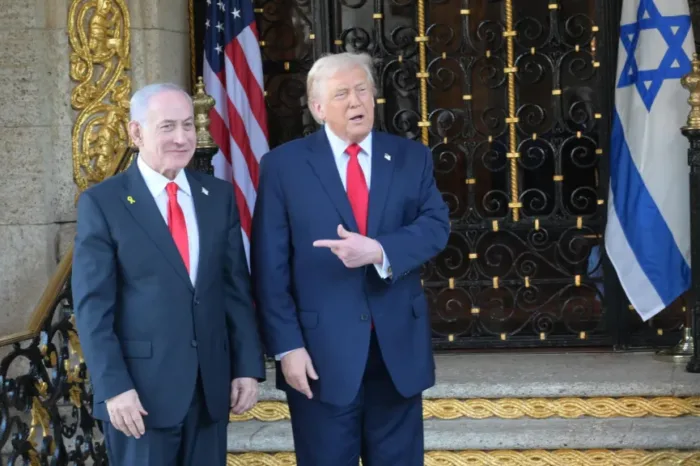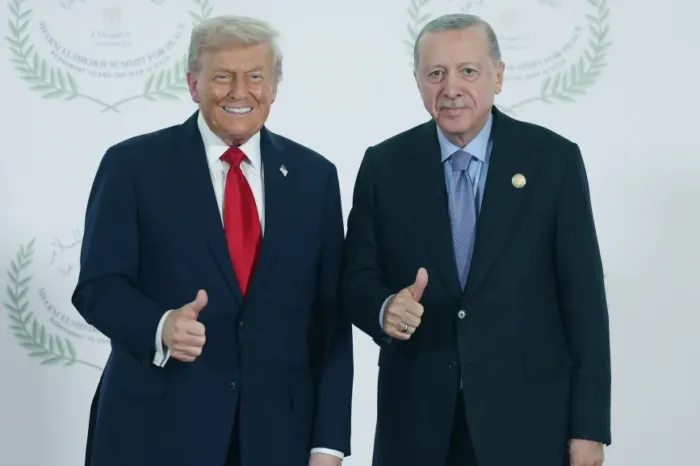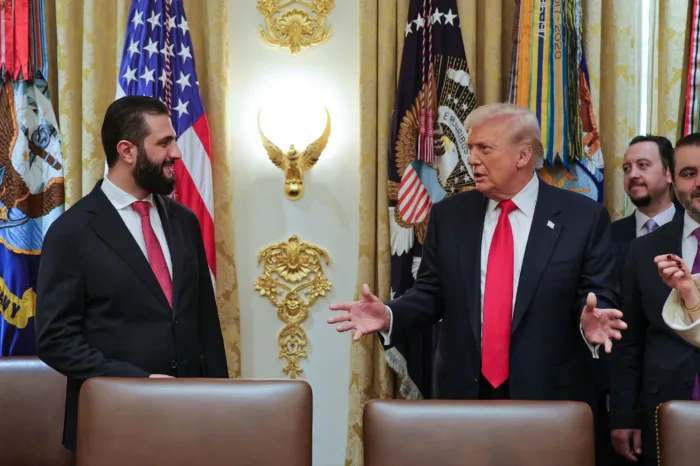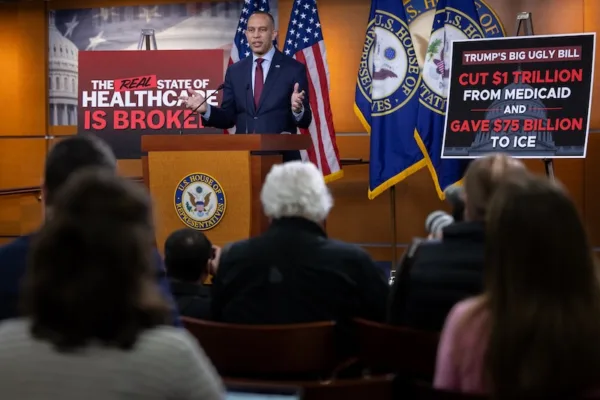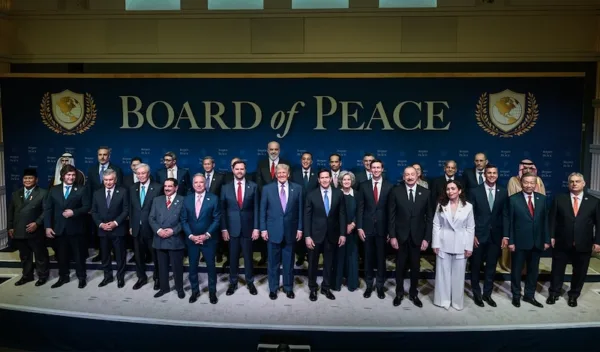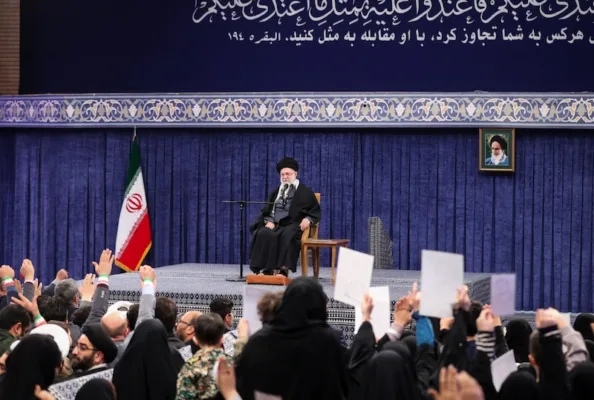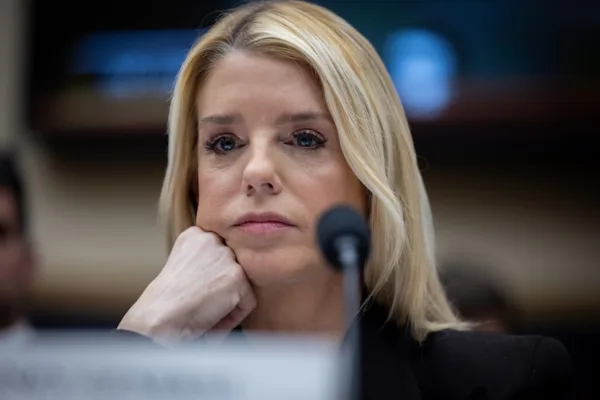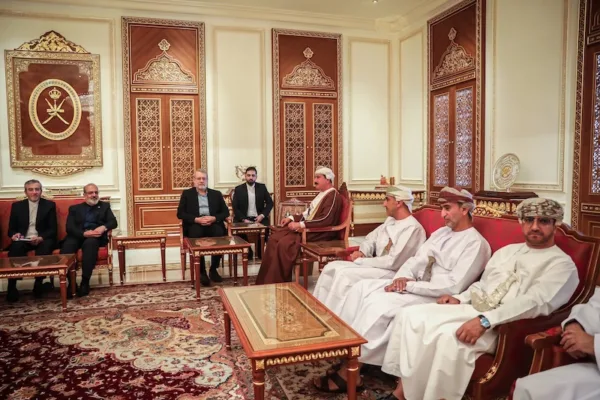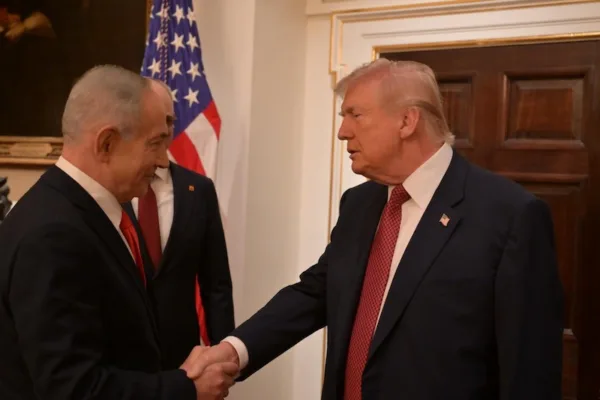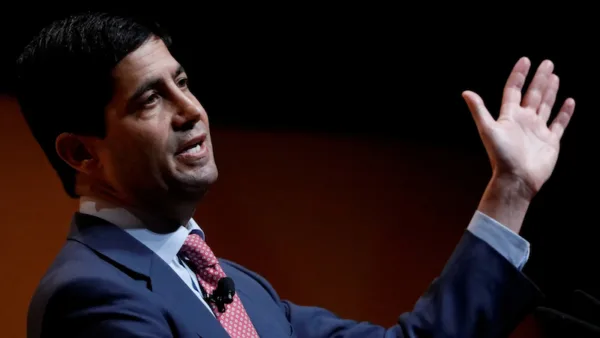July 15 and Turkey-US relations

Wednesday will be the fourth anniversary of the July 15 coup attempt in Turkey. Four years ago, Turkish people defeated an attempt to overthrow the country’s democratically elected government. The people demonstrated their commitment to democracy by organizing mass rallies for more than 30 days after July 15, to prevent another such attempt.
The events that took place that night transformed not only Turkish politics but also the Turkish foreign policy. It had a major impact on Turkish-American relations. Some of them were immediate due to the U.S. reaction to the coup attempt that night. However, it was not limited to the immediate impacts. When the U.S. failed to understand the frustration in the Turkish government and the Turkish public, it sent another set of aftershocks through bilateral ties. Now, after four years after the coup attempt, U.S.-Turkey relations still have not recovered.
What happened on the night of July 15 is still fresh in the memories of the Turkish people. They remember the betrayal of the Gülenist officers in the military as well as the failure of Turkey’s allies to react to this heinous act.
As the news broke out of a coup attempt in Turkey, U.S. officials and administration failed to provide a strong response against the putschists. The first statement from Secretary John Kerry wished Turkey, “peace, stability and continuity in foreign policy.”
After this, the most unusual statements came from the White House, if it can be called a statement. It was a readout mentioning that President Barack Obama and Kerry talked on the phone about the developments in Turkey. While expressing support for Turkish democracy, the writers of this readout/statement did not use the word “coup.” The statement also did not mention the name of President Recep Tayyip Erdoğan, who was the primary target of the coup-plotters.
These were not the only problems with the U.S. attitude toward Turkey following the coup attempt. Vice President Joe Biden visited Turkey more than a month after the incident. In his remarks, he apologized for not visiting the country earlier. However, this statement did not change the trajectory of bilateral relations.
For Turkey, the putschists were members of a terrorist organization and they pose a national security threat to Turkey, however, the U.S. did not empathize with the threat Turkey was facing at this critical juncture. Due to this lack of support, polls have shown that a large portion of the Turkish society holds the U.S. responsible for the coup attempt as well.
The July 15 coup attempt was not the first time the Turkish people became skeptical about the U.S. attitude toward Turkey’s national security concerns. This skepticism began with the Syria crisis and only solidified with the U.S. assistance for the terrorist YPG/PKK. Many Turks considered the U.S. insensitive to Turkey’s national security concerns. This attitude during and in the immediate aftermath of the coup further strengthened this perception.
During his visit, Biden told the press that the YPG will leave Manbij, Syria and return to the east of the Euphrates. This was not the first time Washington gave this assurance to Ankara. However, it did not fulfill the commitment. When Turkey launched Operation Euphrates Shield, shortly after the coup attempt, the U.S. initially provided support, only to withdraw it soon after. During Turkey’s operation against terrorist groups alongside its border, instead of endorsing its NATO ally, the U.S. constantly emphasized “concerns” about the operations.
Especially in 2019, following Turkey’s operation to eradicate the YPG/PKK presence along its borders, many in the U.S. administration acted in a rather hostile manner toward the Turkish operation. Congress passed resolutions whereas the administration implemented sanctions against Turkey. In the meantime, in the aftermath of the coup attempt, the Turkish government asked the U.S. to cooperate to bring back those responsible for the coup attempt to justice. However, Turkey’s requests were mostly ignored.
Four years after the coup, Turkey could not get the support of the U.S. against threats to its national security. Not only the U.S. failed to recognize the trauma of the July 15 coup attempt for the Turkish people, but it also failed to understand the potential implications of the insensitivity to Turkey’s national security concerns would have on bilateral ties. Since then, the U.S. has not taken any meaningful steps to repair this damage. Four years after the coup attempt, people in Turkey will commemorate that fateful night on Wednesday, and remember one more time what Turkey’s friends and allies have done since 2016.
This article was first published by Daily Sabah on July 13, 2020.

